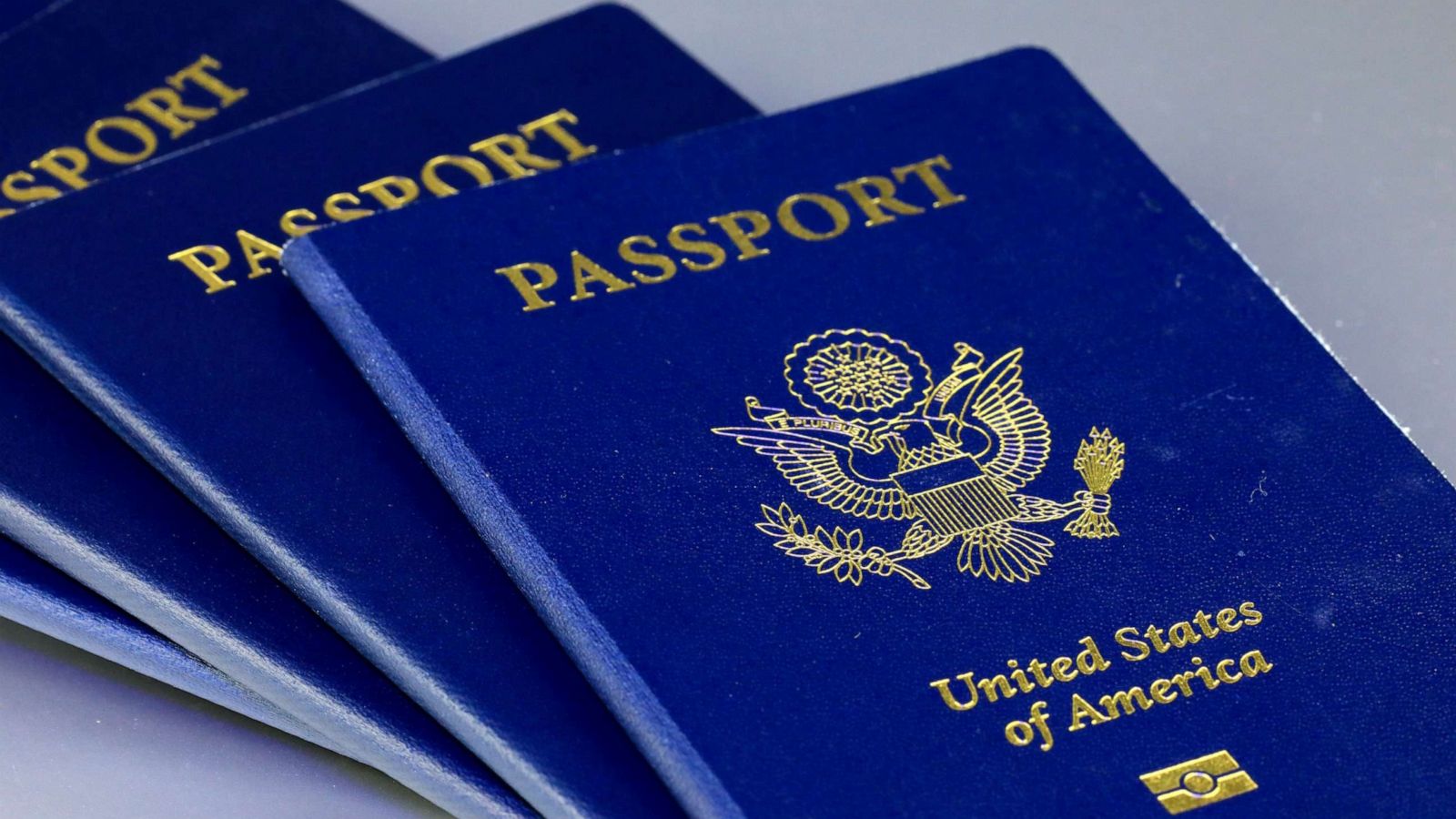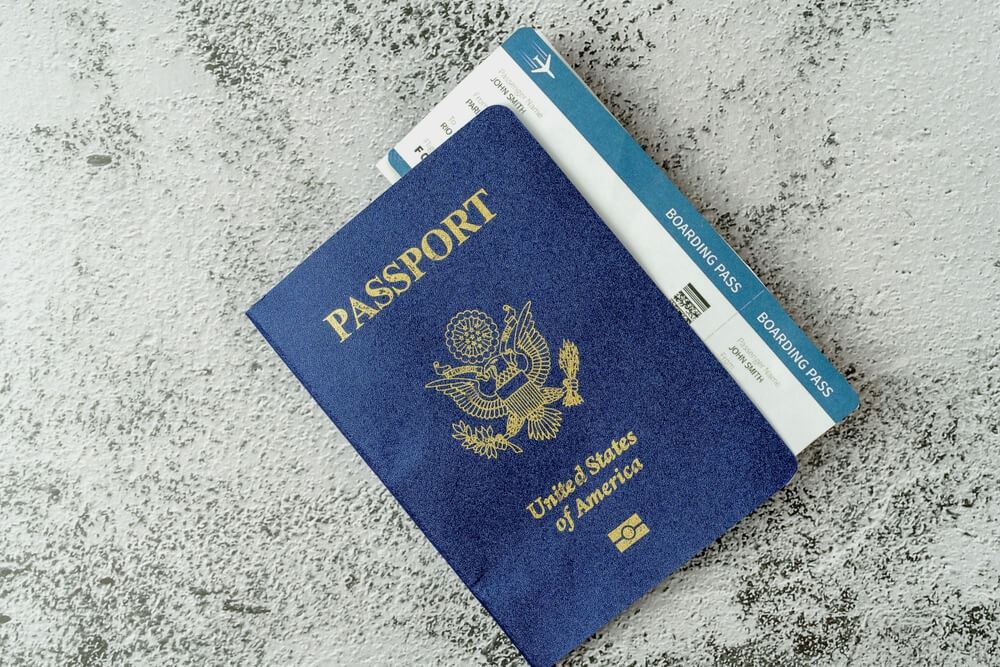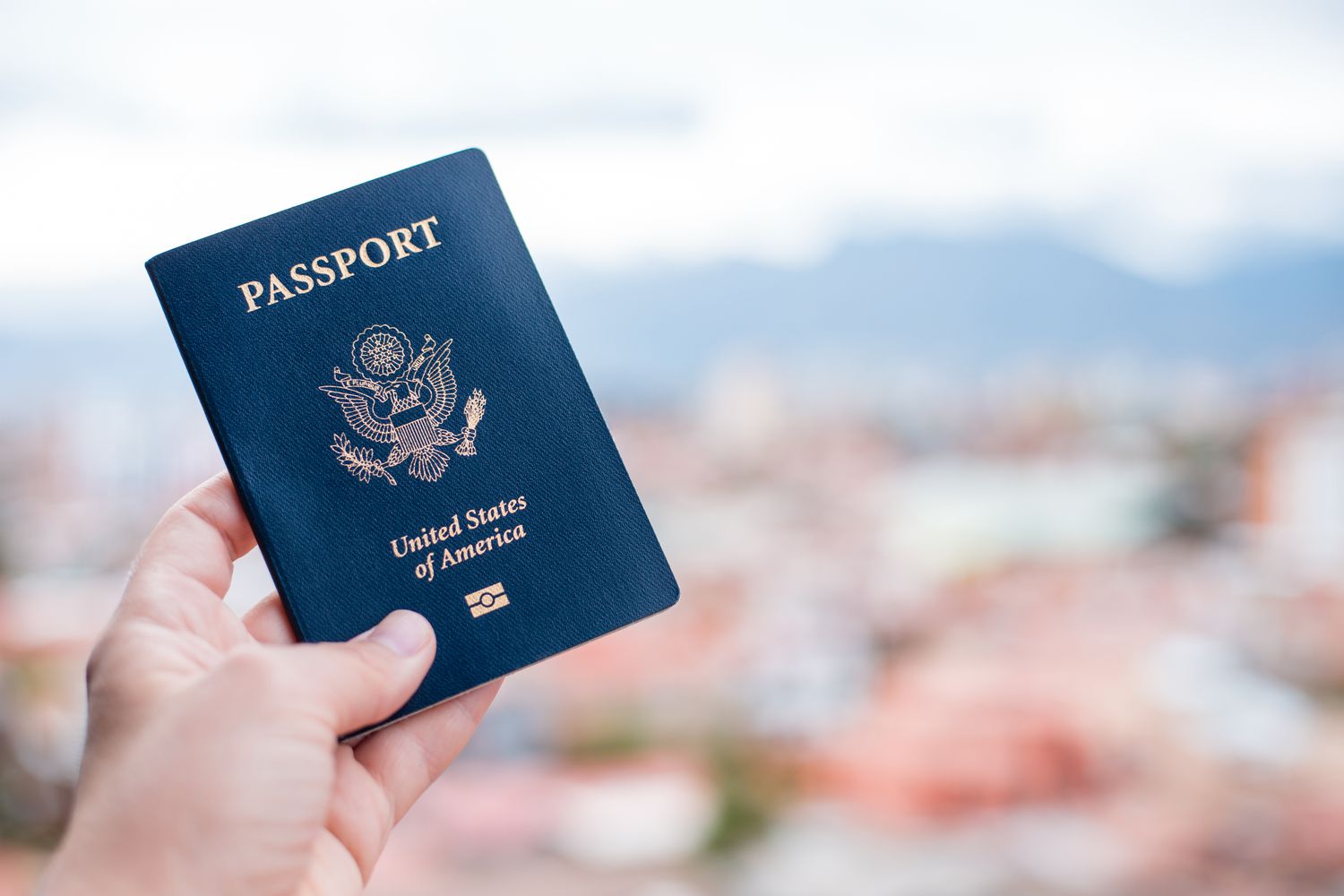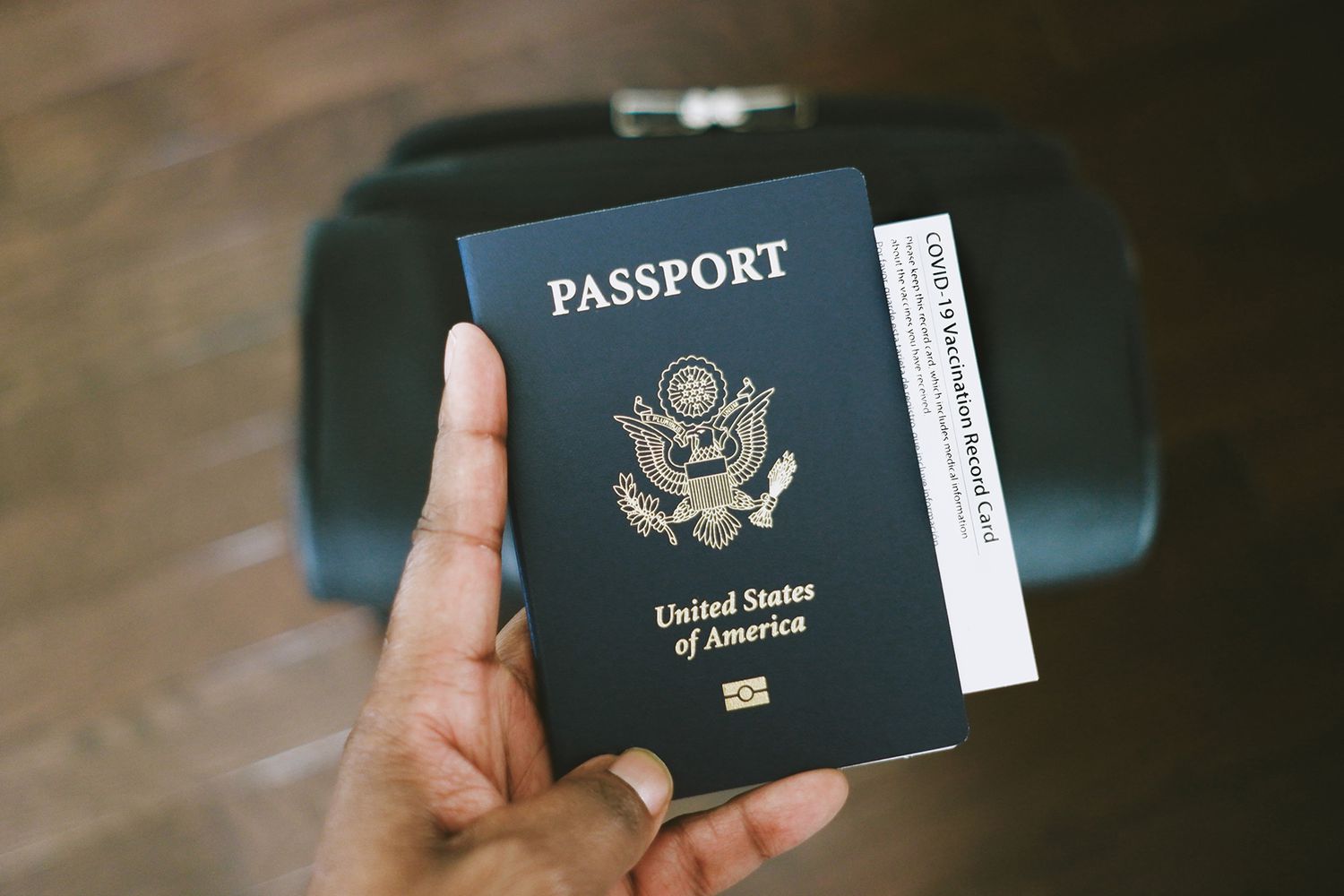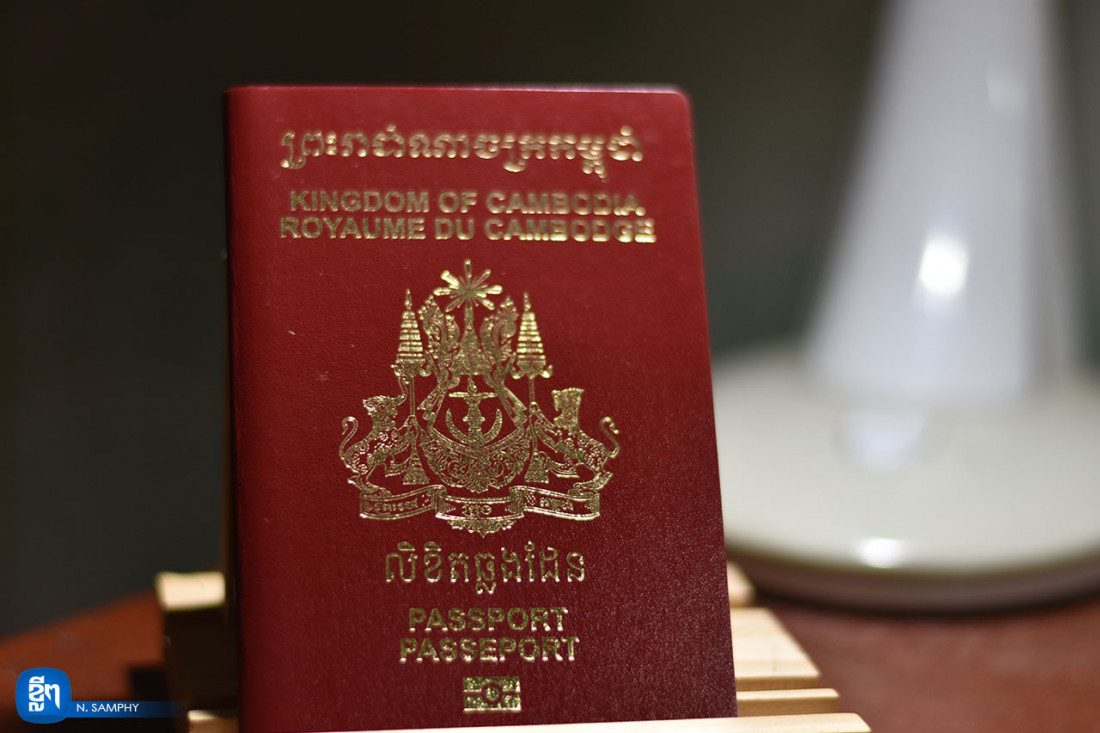Introduction:
The Electronic System for Travel Authorization (ESTA) provides travelers from ESTA Visa Waiver Program countries with an expedited way to enter the United States for short visits. However, ESTA visa denials can occur for various reasons, leading to travel disruptions and disappointment for applicants. This detailed guide explores the common reasons for ESTA visa denials, including mistakes in the application process, eligibility issues, past violations, and other factors that can impact approval. By understanding the reasons for ESTA visa denial and taking proactive measures to address them, travelers can enhance their chances of a successful ESTA application and a smooth entry into the United States.
Insufficient Supporting Documentation:
One of the common reasons for ESTA visa denials is inadequate or incorrect supporting documentation provided during the application process. This may include errors in personal information, missing or expired passport details, incomplete travel itineraries, or failure to provide necessary documents such as a valid passport or travel authorization. It is crucial for applicants to carefully review and verify all information provided in their ESTA application to ensure accuracy and completeness, as any discrepancies or omissions can lead to visa denial.
Ineligibility or Past Violations:
Another frequent cause of ESTA visa denials is the applicant’s ineligibility to travel under the Visa Waiver Program or previous violations of US immigration laws. Factors such as criminal history, previous visa denials or overstays, security concerns, or travel restrictions can all contribute to ESTA visa denials. It is essential for applicants to thoroughly understand their eligibility for the Visa Waiver Program and address any past immigration issues or violations before submitting an ESTA application to prevent denial based on ineligibility.
Failure to Meet ESTA Requirements:
ESTA visa denials can also occur if applicants fail to meet the specific requirements outlined by the US Department of Homeland Security. These requirements include having a valid reason for travel, maintaining a clear criminal record, possessing a passport from a Visa Waiver Program country, and complying with the terms and conditions of the program. Applicants must carefully review the ESTA eligibility criteria and ensure that they meet all requirements before submitting their application to avoid potential denial.
Incomplete or Inaccurate Information:
Providing incomplete or inaccurate information in the ESTA application is another common reason for visa denials. Mistakes in personal details, travel history, employment information, or responses to security questions can raise red flags during the application review process and lead to denial. To prevent this, applicants should double-check all information entered in the ESTA application for accuracy and consistency before submission, paying close attention to spelling, dates, and other critical details.
Security Concerns and Screening:
ESTA visa denials may also result from security concerns raised during the visa screening process. Factors such as inclusion on watchlists, connections to suspicious activities or individuals, or other security-related issues can prompt a denial of the ESTA application. While applicants may US VISA FAQ not always have control over these external factors, maintaining a clean record and being transparent in their application can help mitigate security concerns and reduce the risk of denial.
Conclusion:
In conclusion, ESTA visa denials can be a frustrating and disruptive experience for travelers seeking entry into the United States under the Visa Waiver Program. By understanding the common reasons for ESTA visa denials, including insufficient documentation, ineligibility issues, failure to meet requirements, incomplete information, and security concerns, applicants can take proactive steps to prevent denial and improve their chances of approval. Thoroughly reviewing and verifying all information provided in the ESTA application, addressing any past immigration issues, maintaining eligibility for the Visa Waiver Program, and adhering to security protocols can help applicants navigate the ESTA application process successfully and increase the likelihood of a positive outcome. By being informed, prepared, and attentive to the requirements and guidelines set forth by the US authorities, travelers can optimize their ESTA application experience and look forward to smooth and hassle-free travel to the United States.

